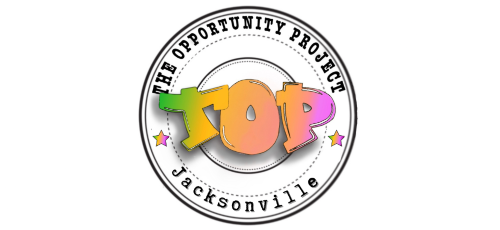Emotional Resilience in Business
The word “resilience” has entered into common language over the last few years. It is seen as a desirable quality to have and to build in order to deal with the day to day stresses and strains that we face as we balance our workload with other pressures that we have to attend to in our lives.
Resilient people are able to utilise their capabilities and strengths to manage and recover from problems and challenges, which may include job loss, financial problems, illness, medical emergencies, natural disasters, divorce or the death of a loved one.
Those who lack resilience may instead become overwhelmed by these experiences. They may dwell on problems and use unhealthy coping mechanisms to deal with such challenges. Generally, these individuals recover from setbacks more slowly and may experience more psychological distress as a result.
Most dictionaries define resilience as “the ability to recover quickly from stress”. The idea of resilience originates from material science where it describes the property of a material to resume its original shape after distortion.
From this the traditional view, often publicised by academics and others working in the field, is the capacity to bounce back, to easily recover from adversity.
The paradox of resilience is that at our worst times we can become our best. We don’t know how resilient we are until we are faced with multiple emotional and compounding challenges.
Resilience is forged through adversity, not despite it.
Resilience is a metaphor applied to human psychological behaviour. Borrowed from material science, resilience is
. . . the capability of a strained body to recover its size and shape.
. . . the capacity to bounce back after being subjected or stress.
Whilst the metaphor is helpful, it does not fully cover the complex construct that makes up our understanding of resilience.
How can resilience be developed?
What impact does the environment have on resilience?
What is the role of learning and experience?
What biological changes occur in developing resilience?
How do other people impact on the expression of resilience?
What happens with too little or too much resilience?
None of these vitally important questions can be explained through the traditional view.
If you have good levels of resilience, you possess three defining characteristics:
- An ability to accept harsh reality – to take an objective view of the situation without subjective views, denial or emotion.
- An ability to find meaning in adversity – to build bridges from an ordeal in the present to a fuller, better future.
- An ability to continually improvise – to put resources to unfamiliar uses and imagining possibilities that others don’t see.
Fortunately, all these levels of resilience can be developed.
The Authority Guide to Emotional Resilience in Business: Strategies to Manage Stress and Weather Storms in the Workplace offers further insights into resilience and much more to give a better understanding of resilience on a personal level, in teams and at an organisational level.
By Robin Hills
by Authority Channel




